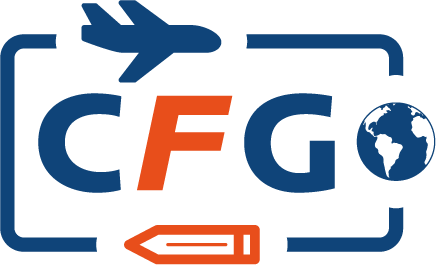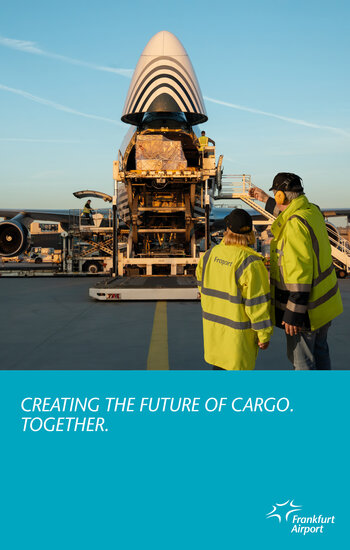Each week, CargoForwarder Global’s ‘Spotlight On…’ showcases a particular individual and segment of the air cargo industry, thus building up a large catalogue of the many diverse careers it offers. Associations such as IATA play an essential part in shaping the industry and bringing it closer together. IATA aims to foster safety, efficiency, digital innovation, and sustainability, while supporting freight forwarders, airlines, and other stakeholders through accreditation, standards, and operational guidance. Patricia Varela (PV), Manager Cargo, Innovation and Efficiency at IATA, takes us through her responsibilities, views, and advice on forging a career within it.

CFG: What is your current function and company? And what are your responsibilities?
PV: I work for the Cargo team at IATA, with a focus on innovation, efficiency, and sustainability topics.
CFG: What does a normal day look like for you?
PV: I doubt there is such a thing as a regular day for us. I am lucky to work with very different teams, inside and outside IATA, in very different topics: from technological and sustainable transformation in air cargo facilities and operations to waste reduction to emissions reporting across the supply chain. This means that a regular day involves regular interactions with the industry and close collaboration with colleagues in standard-setting and advocacy activities, as well as IATA projects.
CFG: How long have you been in the air cargo industry, and what brought you to it?
PV: I’ve been working in air cargo and logistics for almost 12 years, but my career journey started in a completely different area as I studied Journalism and worked for years in international news radio. After a master’s in international relations, I had the opportunity to do an internship in the Cargo team at IATA, and I was hooked. I moved to the shipper side for more than two years, working for the Corporate Supply Chain team for one of Gartner’s Supply Chain Top 25 companies, before coming back to IATA in 2018.
CFG: What do you enjoy most about your job?
PV: What I enjoy the most is the opportunity to regularly interact with the whole industry, from airlines to ground handlers to freight forwarders to shippers to regulators. Collaboration with all stakeholders is critical for our mission at IATA, and I appreciate the opportunity to get regular updates on how we can better serve the industry and what we can learn from each other.
CFG: What do you see as the greatest challenges in our industry?
PV: I think that our industry needs to continue working on what we do best: being adaptable. The last five years have been proof that we are extraordinarily resilient as an industry, and the years ahead will continue testing our capacity to adapt: increasing geopolitical instability, climate change disruptions, and rapid shifts in market demands will require us to be flexible and invest in digitalization, infrastructure, and people.
CFG: What advice would you give to people looking to enter into the air cargo industry? Any particular training they should aim for?
PV: I would advise them to come into the cargo industry with a willingness to learn, but not to be afraid to challenge existing processes and business models. My experience is that if you overcome the initial frustrations of joining an industry that can be, at times, difficult to navigate and stuck in legacy technology and processes, there are plenty of opportunities to drive transformation and make a change. Aspiring air cargo professionals, even those with a supply chain background, will benefit from taking the IATA Cargo Introductory Course or any other training in our portfolio. I would also advise them to join the Future Air Cargo Executives (FACE) program.
CFG: If the air cargo industry were a film/book, what would its title be?
PV: Maybe a good title would be “The Unseen Lifeline”. Our industry goes mostly unnoticed by the public, who often don’t realize what is going on behind the scenes (or under their aircraft seat). The time-sensitive medication that saved a loved one’s life, the emergency relief shipment that arrives a few hours after a catastrophe struck, the small company in a developing country that can sell their products around the globe: air cargo is working quietly so all those things happen, even in the most challenging of circumstances.
Thank you very much, Patricia.
If you would like to share your personal air cargo story with our CargoForwarder Global readers, feel free to send your answers to the above questions to cargoforwarderglobal@kopfpilot.at We look forward to shining a spotlight on your job area, views, and experiences.




